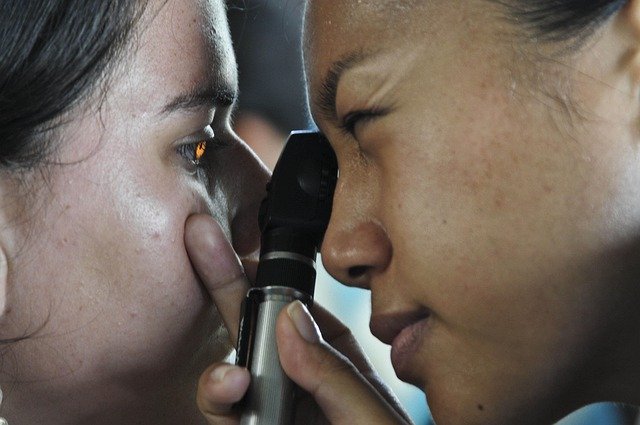Rectal cancer: symptoms, diagnosis, and treatment options
Rectal cancer is a type of cancer that begins in the rectum, the last several inches of the large intestine nearest the anus. It is closely related to cancers that develop in the colon, and many of the signs and diagnostic approaches overlap. Early recognition of symptoms such as changes in bowel habits, unexplained weight loss, and persistent fatigue can lead to earlier evaluation and more treatment choices. Understanding common risk factors, diagnostic steps, and treatment pathways helps people seek appropriate care and discuss options with clinicians.

This article is for informational purposes only and should not be considered medical advice. Please consult a qualified healthcare professional for personalized guidance and treatment.
What is rectal cancer?
Rectal cancer arises from cells that line the rectum, most commonly starting as polyps that can become malignant over time. It is usually grouped with colorectal cancer because the rectum and colon form one continuous organ. Pathology reports identify the tumor type and grade, which influence staging and treatment decisions. Rectal tumors can cause local symptoms earlier than some colon cancers because of their anatomical position, meaning bleeding or a sensation of incomplete emptying may prompt earlier evaluation.
How does rectal cancer affect the colon?
Anatomically, the rectum is the distal portion of the colon, so diseases of the rectum often relate directly to the colon’s function and health. Tumors in the rectum can obstruct stool passage, alter bowel habits, and sometimes extend into nearby pelvic structures. Because of shared embryologic and molecular features, recommendations for screening and prevention—such as colonoscopy and surveillance of polyps—apply across the colon and rectum. Clinicians often evaluate the entire colon when a rectal tumor is found to check for synchronous lesions.
What symptoms include weight loss and fatigue?
Common symptoms of rectal cancer include rectal bleeding, a change in stool caliber or frequency, a persistent urge to have a bowel movement, unexplained weight loss, and fatigue. Weight loss and fatigue may reflect systemic effects of advancing disease or anemia from chronic bleeding. Symptoms can be subtle or attributed to benign conditions like hemorrhoids or irritable bowel syndrome, which is why persistent or progressive signs—especially in people over typical screening ages or with risk factors—should prompt medical assessment.
How is rectal cancer diagnosed and staged?
Diagnosis typically begins with a colonoscopy, during which biopsy samples are obtained for histologic confirmation. Imaging studies—such as pelvic MRI, CT scans, and sometimes endorectal ultrasound—help determine local extent and whether cancer has spread. Staging combines imaging and pathology to guide treatment: local (early) disease may be managed differently than cancers that reach lymph nodes or distant organs. Multidisciplinary teams often review cases to plan sequencing of surgery, radiation, and systemic therapies tailored to stage and patient health.
What treatments are used for rectal cancer?
Treatment depends on tumor stage, location in the rectum, and patient factors. Options include local excision for very early tumors, transanal procedures, and more extensive resections such as low anterior resection or abdominoperineal resection for larger or lower tumors. Radiation therapy is commonly used before surgery for certain rectal cancers to reduce local recurrence, and chemotherapy may be given before or after surgery to address systemic risk. In advanced disease, systemic chemotherapy, targeted agents, and sometimes immunotherapy are considered. Treatment planning often involves surgeons, medical oncologists, radiation oncologists, and supportive care teams, and many patients access these services through local services or specialized centers in your area.
Conclusion
Rectal cancer is a distinct clinical entity within colorectal cancers with symptoms that can include changes in bowel habits, bleeding, weight loss, and fatigue. Diagnosis relies on endoscopic biopsy and imaging to establish stage and guide combined-modality treatment. Early evaluation of persistent rectal or bowel symptoms improves the range of management options. Conversations with a multidisciplinary care team and appropriate local services can help align treatment with individual medical and quality-of-life considerations.






